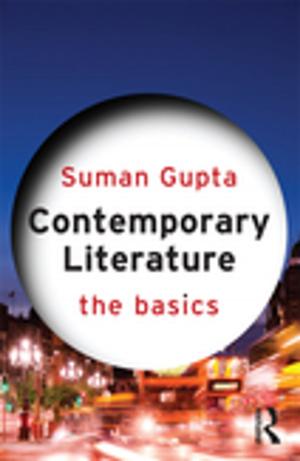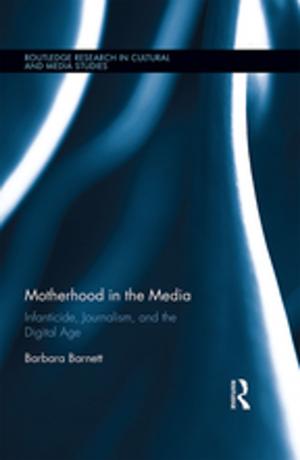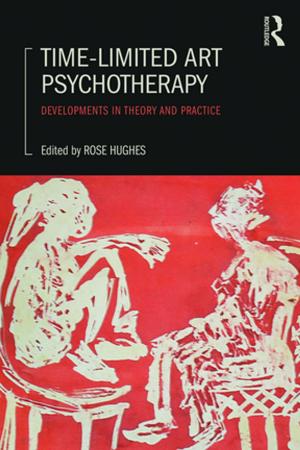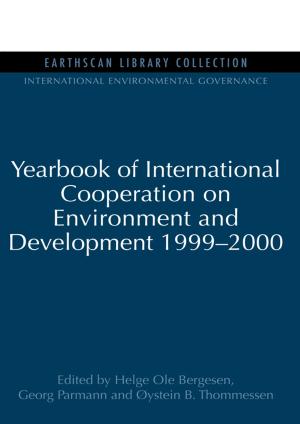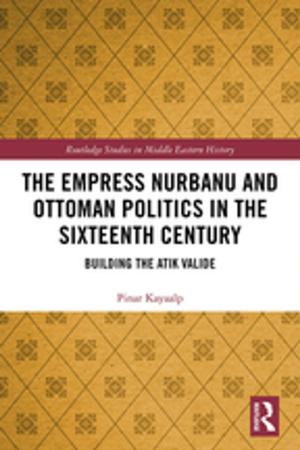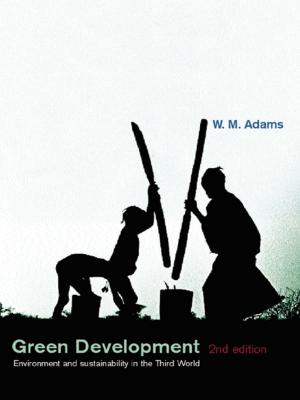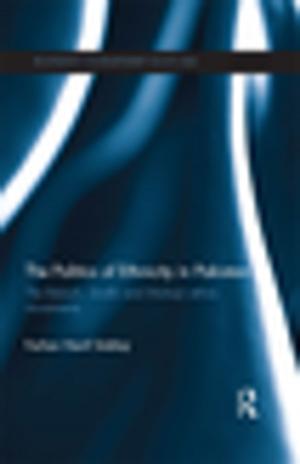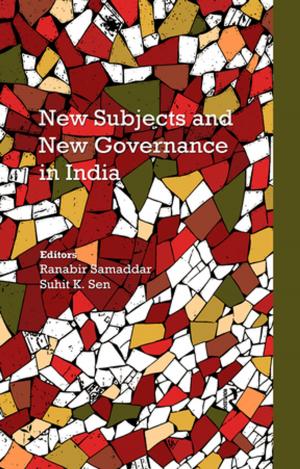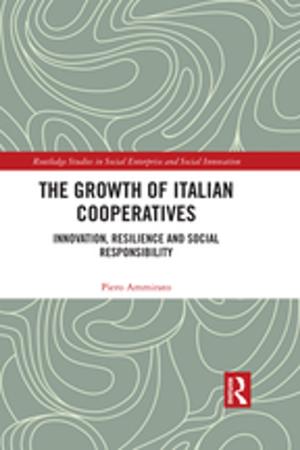Trade and Contemporary Society along the Silk Road
An ethno-history of Ladakh
Nonfiction, History, Asian, India, Asia, Modern, 20th Century| Author: | Jacqueline H. Fewkes | ISBN: | 9781135973087 |
| Publisher: | Taylor and Francis | Publication: | October 27, 2008 |
| Imprint: | Routledge | Language: | English |
| Author: | Jacqueline H. Fewkes |
| ISBN: | 9781135973087 |
| Publisher: | Taylor and Francis |
| Publication: | October 27, 2008 |
| Imprint: | Routledge |
| Language: | English |
This book provides an ethno-historical study of the trade system in Ladakh (India), a busy entrepôt for Silk Route trade between Central and South Asia. Previously a part of global networks, Ladakh became an isolated border area as national boundaries were defined and enforced in the mid-20th century. As trade with Central Asia ended, social life in Ladakh was irrevocably altered.
The author's research combines anthropological, historical, and archaeological methods of investigation, using data from primary documents, ethnographic interviews and participation-observation fieldwork. The result is a cultural history of South and Central Asia, detailing the social lives of historical Ladakhi traders and identifying their community as a cosmopolitan social group. The relationship between the historical narratives and the modern ethnographic context illustrates how social issues in modern communities are related to those of the past. It is demonstrated that this relationship depends on both memories, narratives about the past constructed within present social contexts, and legacies, ways in which the past continues to shape present social interactions.
This book will be of particular interest to anthropologists, historians and specialists in South and Central Asian studies, as well as those interested in historical archaeology, science, sociology, political science and economics.
This book provides an ethno-historical study of the trade system in Ladakh (India), a busy entrepôt for Silk Route trade between Central and South Asia. Previously a part of global networks, Ladakh became an isolated border area as national boundaries were defined and enforced in the mid-20th century. As trade with Central Asia ended, social life in Ladakh was irrevocably altered.
The author's research combines anthropological, historical, and archaeological methods of investigation, using data from primary documents, ethnographic interviews and participation-observation fieldwork. The result is a cultural history of South and Central Asia, detailing the social lives of historical Ladakhi traders and identifying their community as a cosmopolitan social group. The relationship between the historical narratives and the modern ethnographic context illustrates how social issues in modern communities are related to those of the past. It is demonstrated that this relationship depends on both memories, narratives about the past constructed within present social contexts, and legacies, ways in which the past continues to shape present social interactions.
This book will be of particular interest to anthropologists, historians and specialists in South and Central Asian studies, as well as those interested in historical archaeology, science, sociology, political science and economics.



